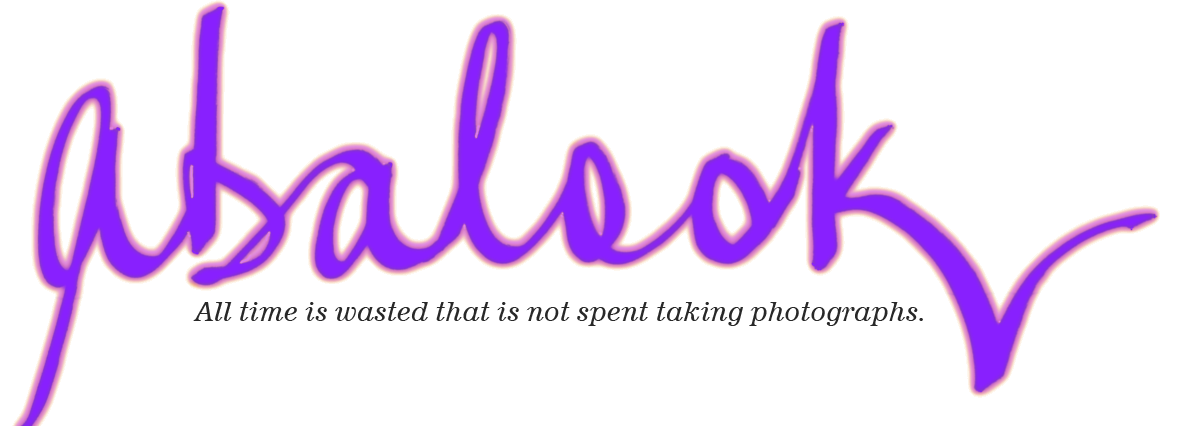Morawa Scene: Article 09—What Didn’t the Shop Sell?
Here is my ninth article featuring P. H. Lodge & Sons that I have published in the Morawa Scene.
With this one I have tried to summarise some of the goods and services provided by P. H. Lodge & Sons for the community of Morawa all those years ago. As is often the case after something is published, I have since thought of one line of goods that I did not capture in the article, being sporting goods. The shop also carried golf and tennis sporting equipment and clothing.
As usual, click on the image of the article as published in the Morawa Scene (shown at right) to view a larger version of it.
The previous article can be found here.
The text below under the P. H. Lodge & Sons masthead is the exact same text published in the Morawa Scene. However the pictures/graphics are generally of a higher resolution and will show colour; whereas the Morawa Scene is printed in black and white only.
As I wasn’t born until 1953 sadly I was not around in the first half of the 1900s. But I feel it would have been amazing to have been involved with the shop back then in its early days. Back in the first half of the 1900s there wasn’t much that P. H. Lodge & Sons (the shop) didn’t either offer as a service, sell, or do.
This is sort of where one might say that it might well be easier to talk about the stuff that the shop didn’t sell rather than the stuff it did.
Obviously all the basic things you would expect to find in a county general store back in the early 1900s were available at the shop. In those early days there was the basic general stuff such as: canned goods, flour, sugar, soaps, coffee and tea, powdered milk, tobacco, biscuits, pots and pans, and an extensive range of drugs for people (including laudanum until it got banned in Australia circa 1922).
On top of these ‘basics’ the shop also carried medicines for stock and horses, early pesticides, food for poultry, seed wheat, an extensive hardware range, rifles and ammunition, fencing wire and tensioning equipment, and a large range of building lumber.
As it was still the time of the horse the shop also stocked horse transport necessities such as saddles, halters, horse shoes and nails, bridles, stirrups, and many parts for the maintenance and repair of buggies and wagons.
From day one the shop was the Post Office and back then being the Post Office was a big deal. It brought in customers.
The shop was the only official newsagency in the area and back then that was a big deal and it brought in customers.
As time progressed into the 1930s and Yorkie (P. H.) Lodge added to the physical size of shop he took on more services and expanded the catalogue of goods. I think the basic thinking of Yorkie was that if someone in the Morawa locality needed it then his shop would be able to provide it and have good stocks.
From what I can pull together one of the first major expansions was to take on drapery in a big way—for men, women, and children.
This was followed with stocking up with the requirements for the fast growing automobile market including oils, petrol, and tyres.
I can recall seeing an old picture of the inside of the shop from those days with a stack of about 30 different sorts of tyres leaning up against the main counter.
The shop put in VOCO (Vacuum Oil Company) fuel pumps and became the area depot for Vacuum oils.
As electricity (32v) made its way around town, courtesy of Mr. Tilley, the shop then started to stock and sell related goods including lamps and globes, Genalex Radios from the General Electric Corporation, and, later, HMV gramophones and records.
Lodge & Sons also sold airline tickets for the DC3 that came into Morawa on Mondays and Wednesdays (from memory)—twice a week anyway. I think the Monday was the trip back from Geraldton via Mullewa and the Wednesday was the trip up. And I was told that it was Maurice Lodge that convinced the airline, which I think back then was Airlines W.A., to include Morawa as a stop on their route. If you wanted to buy a ticket on this eight seater twin prop plane you needed to book it at the shop.
The shop also bought and sold sheep and wheat as full agents of Dalgety & Co Ltd. Additionally, up to a limit, they bought gold on behalf of the government. This was possible back then as the price of gold was pegged annually by the government and it did not float. In 1935 the government was paying ₤9/3/1 per fine ounce.
Another vital service provided via the shop was the tuning of pianos for the locals. As required, maybe twice a year, a professional piano tuner was arranged to visit Morawa and he would stay in town for as long as it took to tune the pianos of all those requiring his services.
Into the 1930s the shop became agents for Wentworth Motors and was selling various models of vehicles including the Chrysler Plymouth and Fargo Trucks.
In a way P. H. Lodge also provided the services of a bank. No bank existed within a day’s horse travel of Morawa. Depending on who you were you could loan money from the shop by way of credit for goods or as a direct loan—no interest charged.
As if all this wasn’t enough, the shop was also the state meteorology agency for the Morawa area doing the temperature and rain readings eight times a day.
The next article in this series can be found here.









